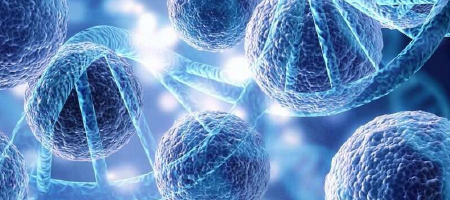Hereditary Cancer Panel
Know your risk, take proactive measures.
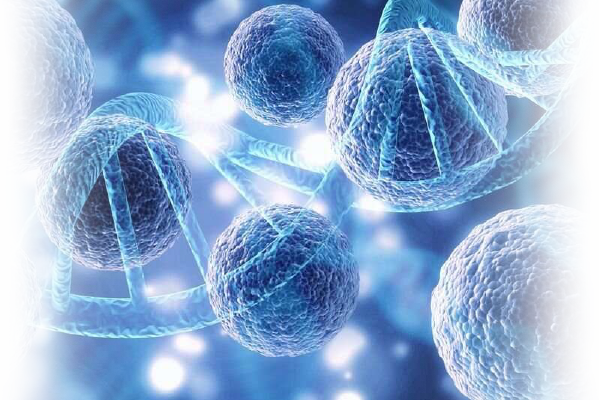
Unveiling Your Genetic Blueprint
Decode your Inherited Cancer Risk with our Hereditary Cancer Panel
What is Hereditary Cancer?
The percentage of hereditary cancers can vary depending on the specific type of cancer. However, it is estimated that hereditary factors contribute to approximately 5-10% of all cancers. It’s important to note that while hereditary factors may increase the risk of developing certain types of cancer, they do not guarantee that an individual will develop cancer. Environmental factors and individual lifestyle choices also play significant roles in cancer development.
GCG Hereditary Cancer Panel is a NGS-based test that analyses the genetic variants that cause hereditary cancers. Hereditary cancer, caused by innate genetic variants, is passed on from parents to child and the risk of developing cancer is significantly higher than other sporadic cancers.
“People born with pathogenic variant have higher possibility of getting cancer.”
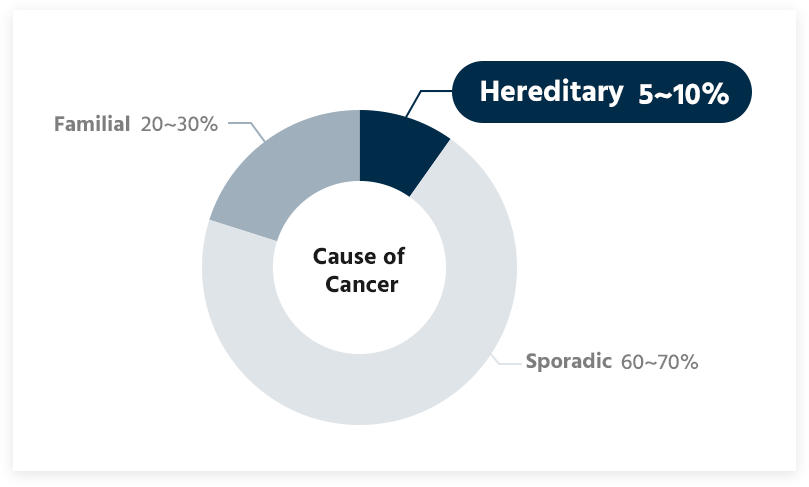
What is Hereditary Cancer?
Cancer has a multifactorial origin, with genetic, environmental, medical, and lifestyle factors all playing a role. Approximately 5-10% of cancers are associated with inherited gene mutations that are present from birth. These mutations increase an individual’s susceptibility to developing cancer. Genetic testing using blood samples can identify these gene mutations responsible for hereditary forms of cancer. By undergoing genetic testing for hereditary cancer syndromes, healthcare professionals can make more informed decisions about clinical management and cancer surveillance. This type of testing also provides an opportunity to reduce the risk of cancer through appropriate interventions and procedures.
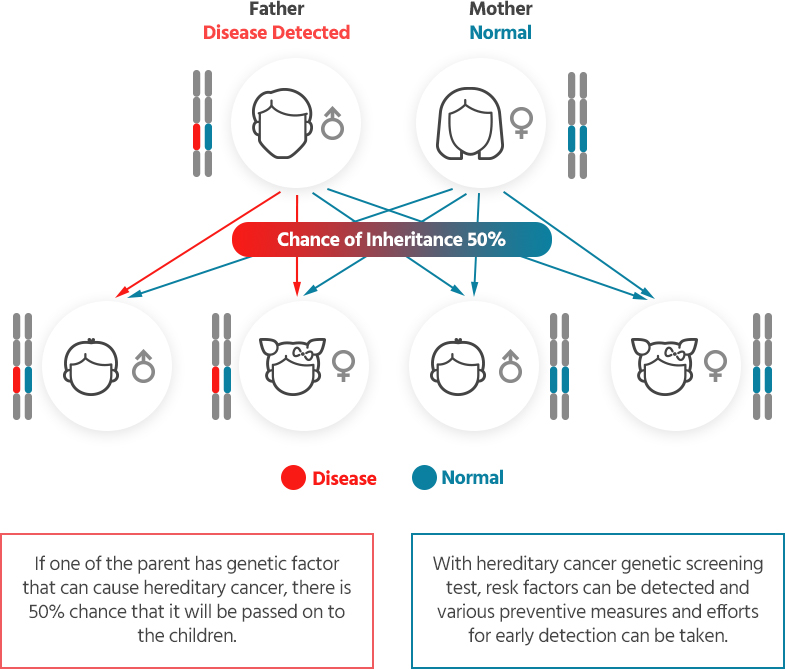
What Types of Cancer are tested?
GCG Hereditary Cancer Panel Test is composed of panel with highly penetrant genes associated with 23 hereditary cancers
: Breast, Ovarian, Uterine, Prostate, Stomach, Colorectal, Lung and Pleura, Small Intestines, Esophagus, Urinary Tract and Bladder, Pancreatic, Kidneys, Cervix, Skin, Bone, Thyroid Gland, Liver, Soft Tissue, Miscellaneous Endocrine Glands, Blood, Head and Neck, Central Nervous System, Peripheral Nervous System
![[GBU]홈페이지-리뉴얼_콘텐츠-이미지6-01](https://gc-genome.com/wp-content/uploads/2023/07/GBU홈페이지-리뉴얼_콘텐츠-이미지6-01.png)
Hereditary mutations can substantially elevate the probability of developing cancer over one’s lifetime
Individual’s lifetime risk of developing cancer is markedly increased if one inherits a harmful variant.
For example, women with a variant in BRCA1 or BRCA2 have been known to have up to an 87% chance of developing breast and/or
ovarian cancer by the age of 70-80.
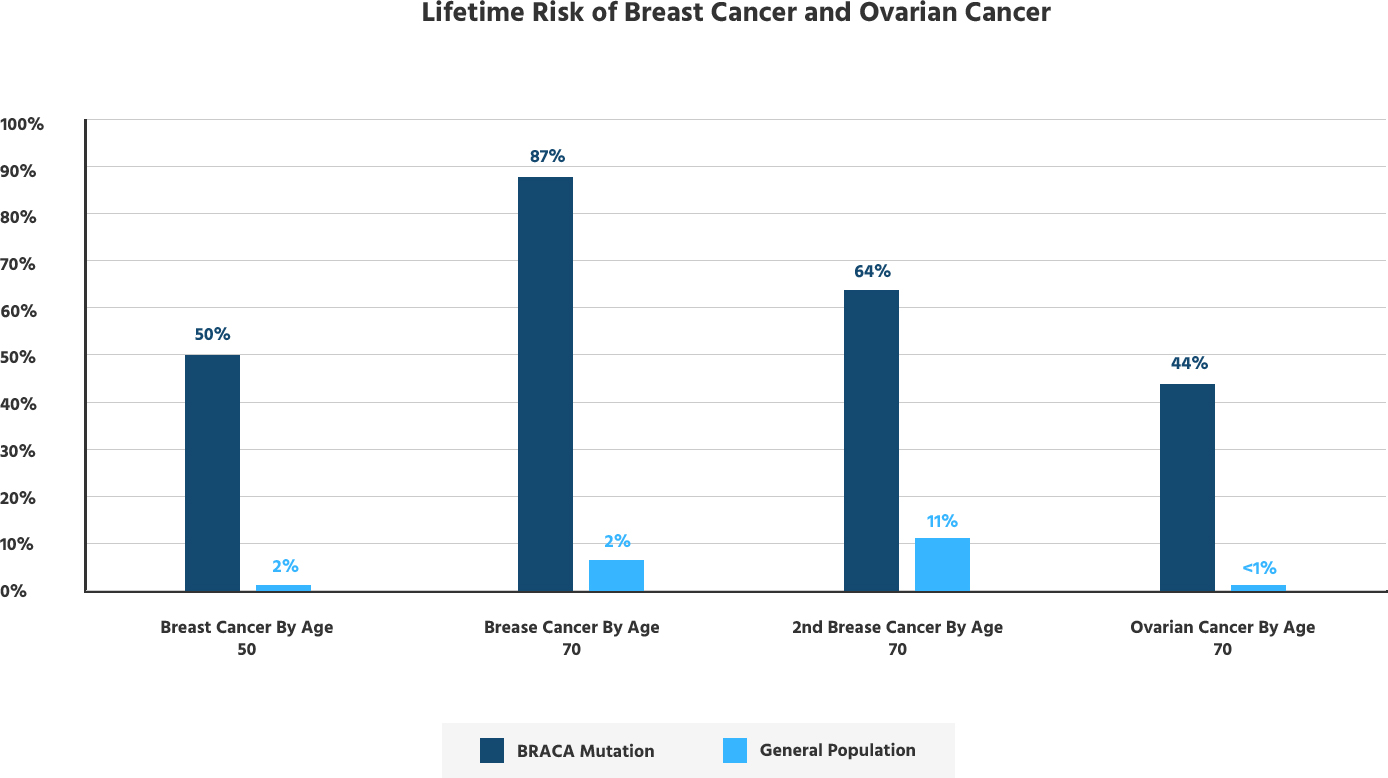
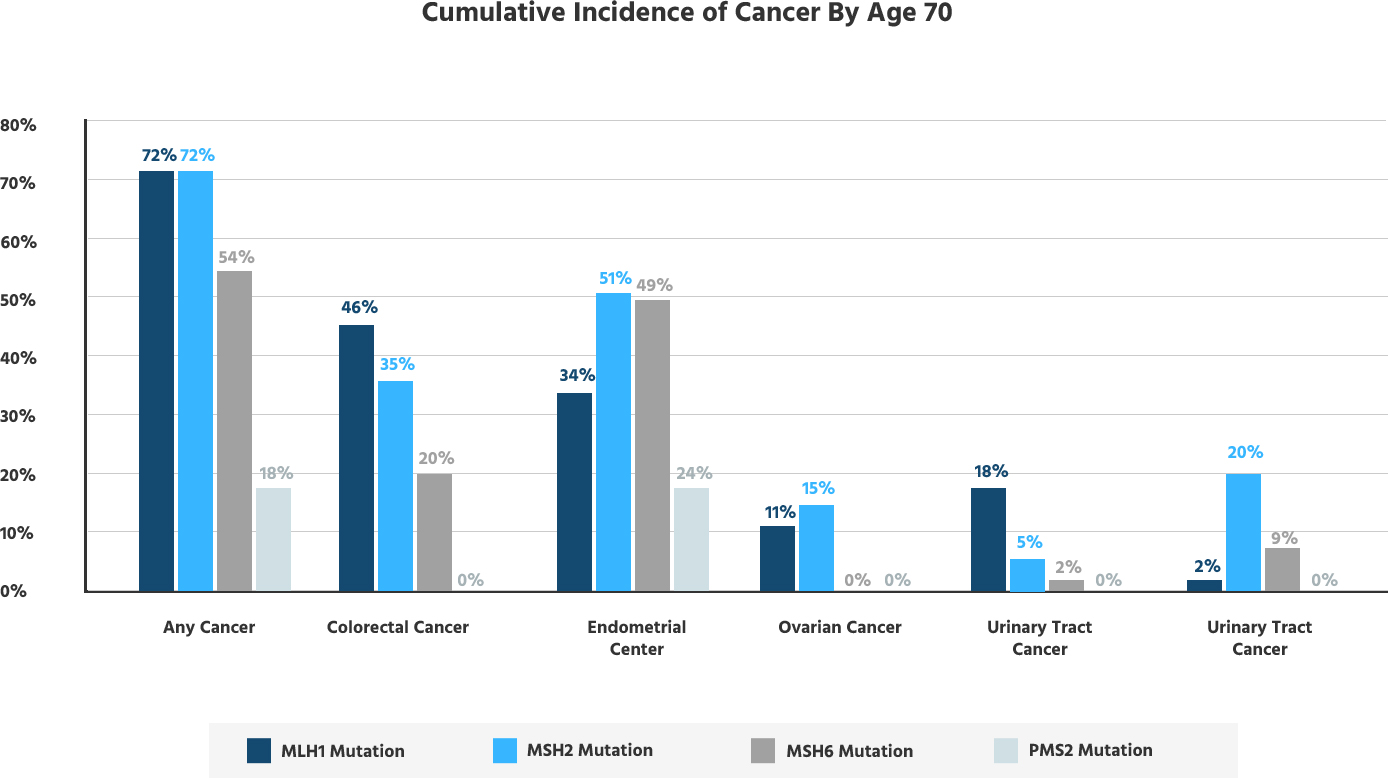
References (MLA citation format)
1. Kuchenbaecker, Karoline B et al. “Risks of Breast, Ovarian, and Contralateral Breast Cancer for BRCA1 and BRCA2 Mutation Carriers.” JAMA vol. 317,23 (2017): 2402-2416. doi:10.1001/jama.2017.7112
2. Antoniou, A et al. “Average risks of breast and ovarian cancer associated with BRCA1 or BRCA2 mutations detected in case Series unselected for family history: a combined analysis of 22 studies.” American journal of human genetics vol. 72,5 (2003): 1117-30. doi:10.1086/375033
3. Chen, Sining, and Giovanni Parmigiani. “Meta-analysis of BRCA1 and BRCA2 penetrance.” Journal of clinical oncology : official journal of the American Society of Clinical Oncology vol. 25,11 (2007): 1329-33. doi:10.1200/JCO.2006.09.1066
4. Møller, Pål et al. “Cancer incidence and survival in Lynch syndrome patients receiving colonoscopic and gynaecological surveillance: first report from the prospective Lynch syndrome database.” Gut vol. 66,3 (2017): 464-472. doi:10.1136/gutjnl-2015-309675
Comprehensive Cancer Panel
GCG Hereditary Cancer Panel provides comprehensive analysis of the genetic variants that cause hereditary cancer with 98 relevant genes across 23 cancer types .
| Cancer | Gene |
|---|---|
| Breast | ATM, BARD1, BRCA1, BRCA2, BRIP1, CDH1, CHEK2, NBN, NF1, PALB2, PPM1D, PTEN, RAD51C, STK11, TP53 |
| Ovarian | BRCA1, BRCA2, BRIP1, DICER1, EPCAM, MLH1, MSH2, MSH6, PALB2, PMS2, PPM1D, RAD51C, RAD51D, STK11, TP53 |
| Uterine | EPCAM, FH, MLH1, MSH2, MSH6, PMS2, PTEN, STK11, TP53 |
| Prostate | ATM, BRCA1, BRCA2, CHEK2, HOXB13, MLH1, MSH2, MSH6, NBN, PALB2, PMS2, TP53 |
| Stomach | APC, BMPR1A, CDH1, EPCAM, KIT, MLH1, MSH2, MSH6, PMS2, SMAD4, STK11 |
| Colorectal | APC, BLM, BMPR1A, CDH1, CHEK2, EPCAM, KIT, MLH1, MSH2, MSH6, MUTYH, PMS1, PMS2, PTEN, SMAD4, STK11, TP53 |
| Lung and Pleura | BAP1, DICER1, EGFR |
| Small Intestines | KIT, MLH1, MSH2, MSH6, SDHB, SDHC, SDHD, STK11 |
| Esophagus | FANCA, FANCB, FANCC, FANCD2, FANCE, FANCF, FANCG, FANCI, FANCL, FANCM, RHBDF2 |
| Urinary Tract and Bladder | HRAS, MLH1, MSH2, MSH6 |
| Pancreatic | APC, ATM, BMPR1A, BRCA1, BRCA2, CDK4, CDKN2A, EPCAM, MEN1, MLH1, MSH2, MSH6, NF1, PALB2, PMS2, SMAD4, STK11, TP53, VHL |
| Kidneys | BAP1, BUB1B, CEP57, DICER1, DIS3L2, FH, FLCN, MET, PTEN, SDHB, SDHC, SDHD, SMARCB1, TSC1, TSC2, VHL, WT1 |
| Cervix | STK11 |
| Skin | BAP1, CDK4, CDKN2A, DDB2, ERCC2, ERCC3, ERCC4, ERCC5, NF2, PTEN, TP53, XPA, XPC |
| Bone | EXT1, EXT2, RECQL4, TP53 |
| Thyroid Gland | APC, CHEK2, DICER1, MEN1, PRKAR1A, PTEN, RET, TP53 |
| Liver | APC, HNF1A |
| Soft Tissue | RB1, WRN |
| Miscellaneous Endocrine Glands | CDC73, FH, MAX, MEN1, RET, SDHAF2, SDHB, SDHC, SDHD, TMEM127, VHL |
| Blood | CEBPA, GATA2, PRF1, RUNX1, SBDS |
| Head and Neck | CDK4, CYLD, FANCA, FANCB, FANCC, FANCD2, FANCE, FANCF, FANCG, FANCI, FANCL, FANCM, SLX4 |
| Central Nervous System | AIP, APC, CDKN1C, CDKN2A, DICER1, GPC3, MLH1, MSH2, MSH6, NBN, NF2, PMS2, PRKAR1A, PTCH1, PTEN, SMARCA4, SMARCB1, SUFU, TP53, TSC2 |
| Peripheral Nervous System | ALK, EZH2, FH, NF1, NF2, NSD1, PHOX2B, SDHAF2, SDHB |

